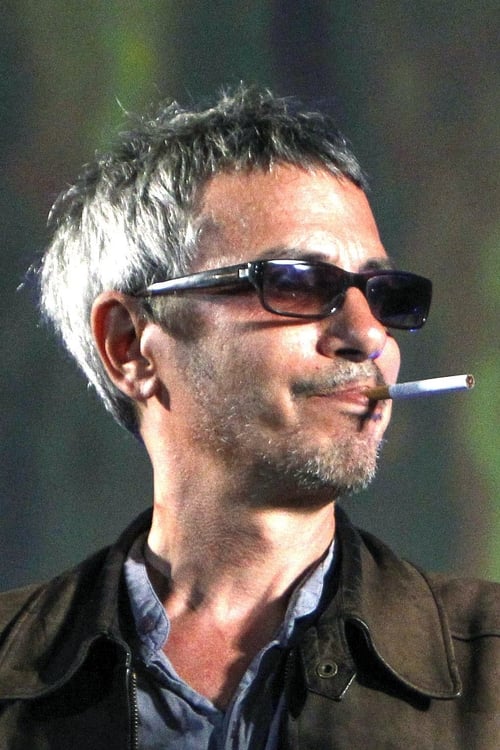Sans Titre (1997)
ジャンル :
上映時間 : 9分
演出 : Leos Carax
脚本 : Leos Carax
シノプシス
In 1997, for it's fiftieth anniversary, the Cannes Film Festival asked Leos Carax for a short film, a kind of postcard addressed to the festival, in which the director would give news of himself and of his film project "Pola X."
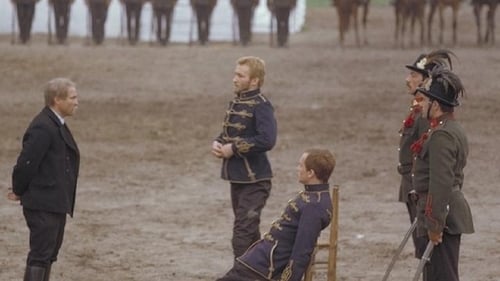
The movie portrays a peasant revolt in Hungary in the early twentieth century.

Loving cult film and idiosyncratic musical portrait of summer festivities in the Catalan village of Crespià, with early performances by the well-known faces from the work of Serra.

Trudging through the snow in his hometown, Felix sees a billboard advertising sunny Egypt, and says that he'd give four of his nine lives to be there rather than freezing in the snow. He then hears crying coming from his friend Abdul's carpet shop, and it turns out that Abdul's girlfriend has been kidnapped by an Egyptian sheik. Felix promises to rescue her, and hops on a magic carpet Abdul has lying around the shop, says the magic word and flies off to Egypt to keep his promise.

Originally aired on Russian television, this five-part semi-documentary series tells the story of a Russian naval commander in charge of an Arctic-based ship. The film provokes a meditation on solitude and isolation, while revealing the daily duties associated with the ship. Voice-over narration by the commander, other sailors, and even a third-person voice provide the "confession" of the title.

Retired police detective Roland Hassel (Lars-Erik Berenett, who played Hassel on TV in the 1980s) is determined to solve the 1986 assassination of Swedish Prime Minister Olof Palme. Without access to police files, however, the best he can manage is to attend an inept re-enactment on the 25th anniversary of the murder...
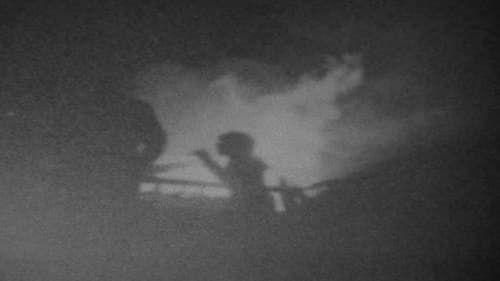
A family's place in the wilderness, outside of time; free-range animals and children, junk and nature, all within the most sublime landscape. The work aims at an idea of freedom, which is reflected in the hand-processed Scope format, but is undercut with a sense of foreboding. There's no particular story; beginning, middle or end, just fragments of lives lived, rituals performed.

Four short stories from Norway, Denmark, Sweden and Finland.

About the Chinese drivers who transport coal from the coal fields to the buyers.

One of America’s foremost practitioners of the essay film presents a major new work inspired by the writings of Gilles Deleuze on cinema. Andersen’s The Thoughts That Once We Had is a richly layered journey through cinematic history, masterfully edited as it playfully moves across decades and genres, and suffused at every turn by the renowned filmmaker and critic’s lifelong passion for the movies.
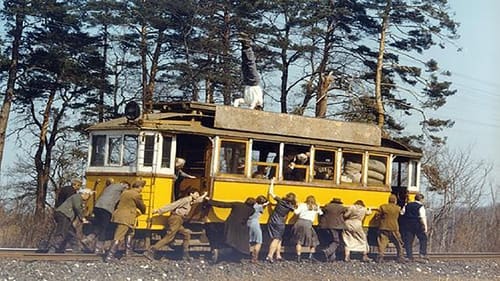
"Budapest Tales" is about a group of people (consisting of Szabo regular Andras Balint along with Ildiko Bansagi and Karoly Kovacs) who find a broken down tram while trying to go to the city. The people band together and try to get the tram back on the train tracks and head towards the city. Along this journey the passengers encounter many people who join them on the tram. What started out as only a handful of people has now turned into a small village. As the people travel on to the city each person takes on certain roles and through the course of time these roles will change. Some people fall in love, others out of love, and a few even die. But life goes on. The people keep the tram going hoping to reach Budapest.

In Men of the City, Isaacs takes a more stylised approach to the lives of workers in the City of London during the recent financial meltdown, balancing sensitive portraits of diverse individuals striving to retain their dignity and humanity in the midst of the crisis. Strong human characters are at the heart of all of Isaacs' work, and with these films he continues to create a unique vision of modern Britain.

Short science fiction film, a companion piece to Kluge's Der Große Verhau and Willi Tobler und der Untergang der 6. Flotte.

Four types of visual interpretation of four songs by Karol Szymanowski. Polish words by Julian Tuwin, English translation by Jan Sliwinski.

A documentary of the life of record collector Joe Bussard.
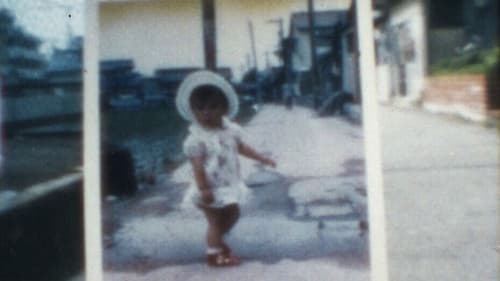
A diary film about Kawase's relationship with her Grandma and the search for her Father, whom she has not seen since her parents divorced during her early childhood.
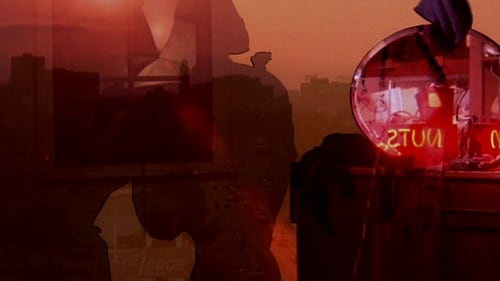
Pat O'Neill, one of the most interesting filmmakers in America today, offers a dazzling reflection on the conflict between nature and man in Los Angeles, or the desertification of the city's surroundings due to its enormous water consumption. More interestingly, it is also a film in the age-old tradition of city symphonies: a film about LA's foundation myths and the dreams it embodies, about its history and (grim) future, its topography and ethnography. O'Neill uses footage from several classic films to recreate the several layers of meaning emanating from the city, juxtaposing images and fantasies and hardly ever allowing one picture to go untouched. George Lockwood's swarming soundtrack is likewise composed of conflicting languages, an elaborate work of plunderphonics in which snippets of sound stolen from movies collide with electronic soundscapes, contemporary chamber music, improv, and what not.

A stunning study of real-time light changing from day to night which was filmed in a forest high up in California’s Sierra Nevada Mountains

About an aspiring author who wakes up from a 27-year coma as one of his country's finest authors, credited for a book he didn't write.

Short propaganda film. Warsaw's post-war reconstruction as seen through the eyes of the passengers of a red bus.
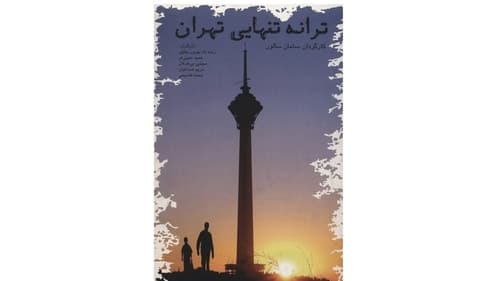
Directed by Saman Salur

